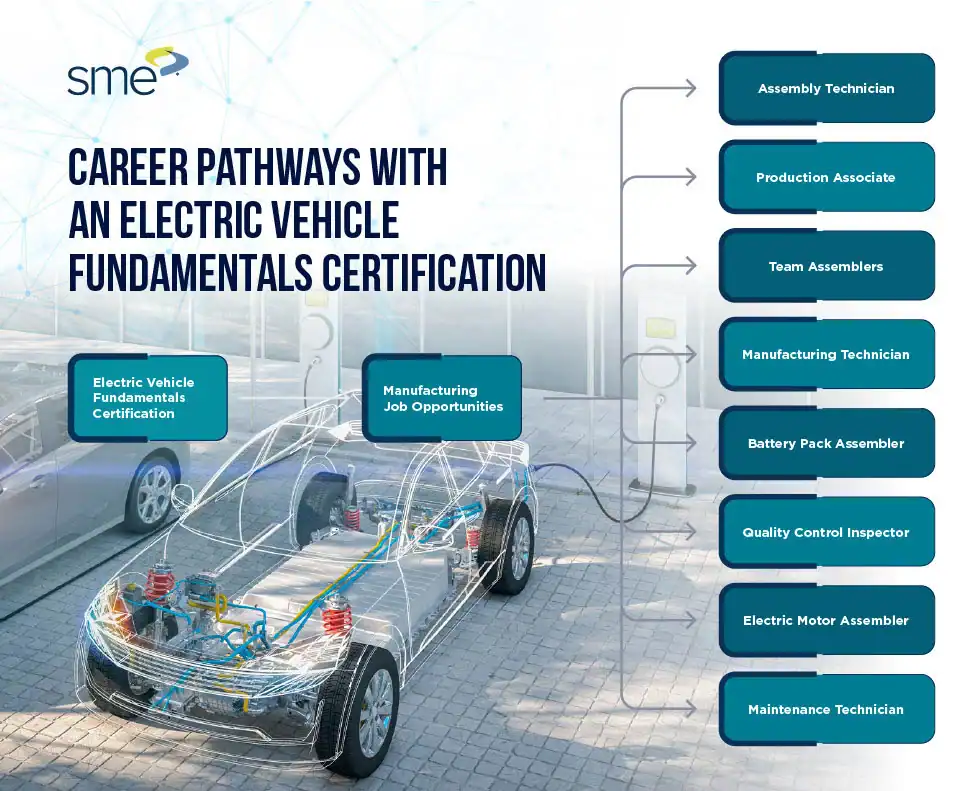EAST LANSING — As the automotive industry trends to more autonomous features, the potential for cybersecurity threats in vehicles and between vehicles and smart infrastructures is on the rise.
German car parts maker ZF came to the Michigan State University College of Engineering in early October with the goal of developing new methods for easing these future threats from manifesting with the help of a new project with Betty H.C. Cheng, professor of computer science and engineering.
ZF and Cheng will address automotive cybersecurity and safety issues by creating a cybersecurity method to help identify, mitigate, and prevent threats to automotive systems. ZF executives visited the campus on Oct. 5 and brought a $50,000 check to get the project started.
“We’ll develop a set of reusable design patterns and quality assurance techniques that are amenable to automated analysis,” Cheng said. “In other words, we’re going to put artificial intelligence to work to improve functionality and safety requirements in new and existing automotive designs.”
The new research will target advanced driver assistance systems, along with connected and automated driving systems. Part of the funding will support a graduate assistant during the project.
“We will leverage our previous experience with design patterns for autonomic systems, real-time embedded systems, and security for enterprise systems,” Cheng said. “Our extensive work in automated analysis of high-assurance systems like on-board automotive systems, NASA space shuttle software, two-way radios, and cellular networks will help us to deliver acceptable and safer outcomes.”







